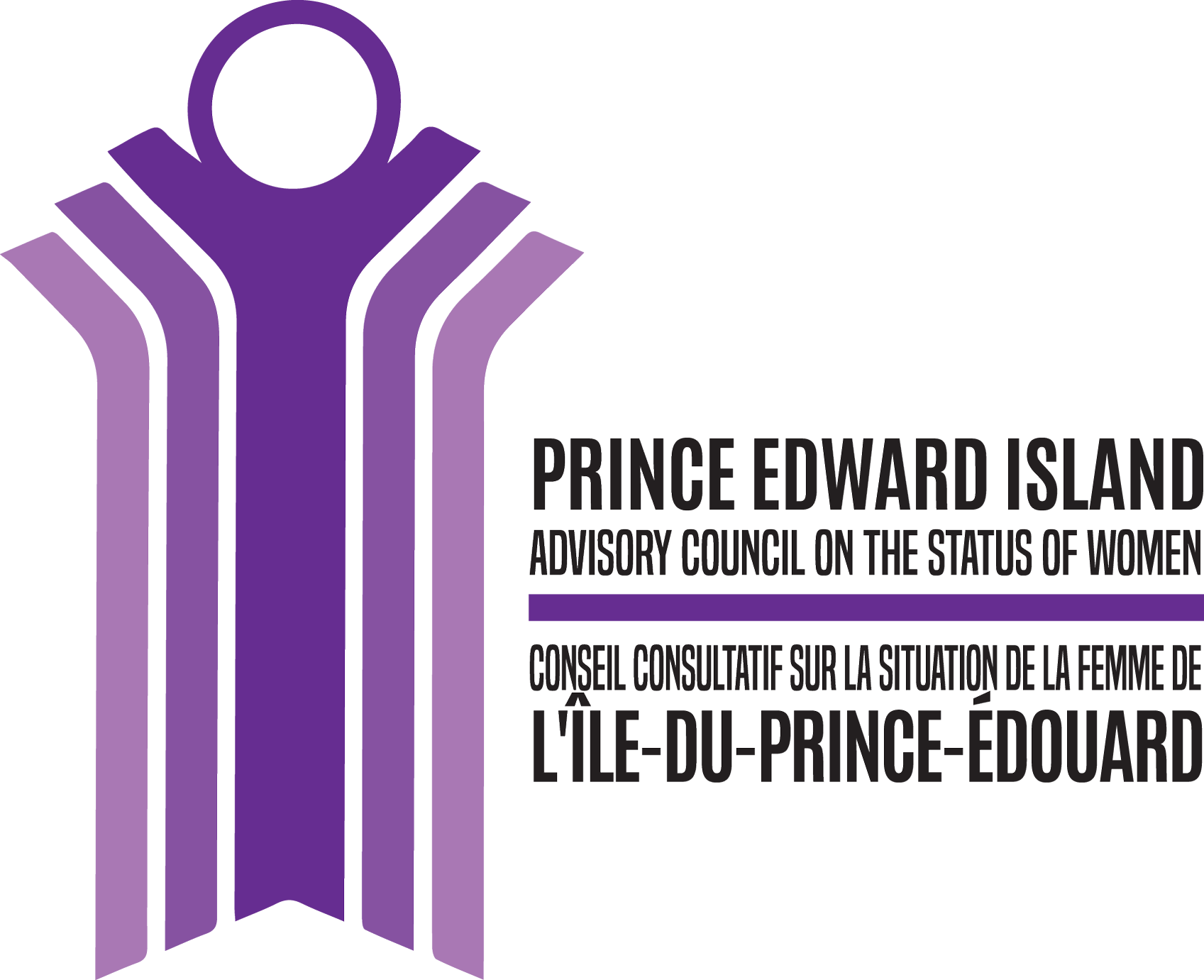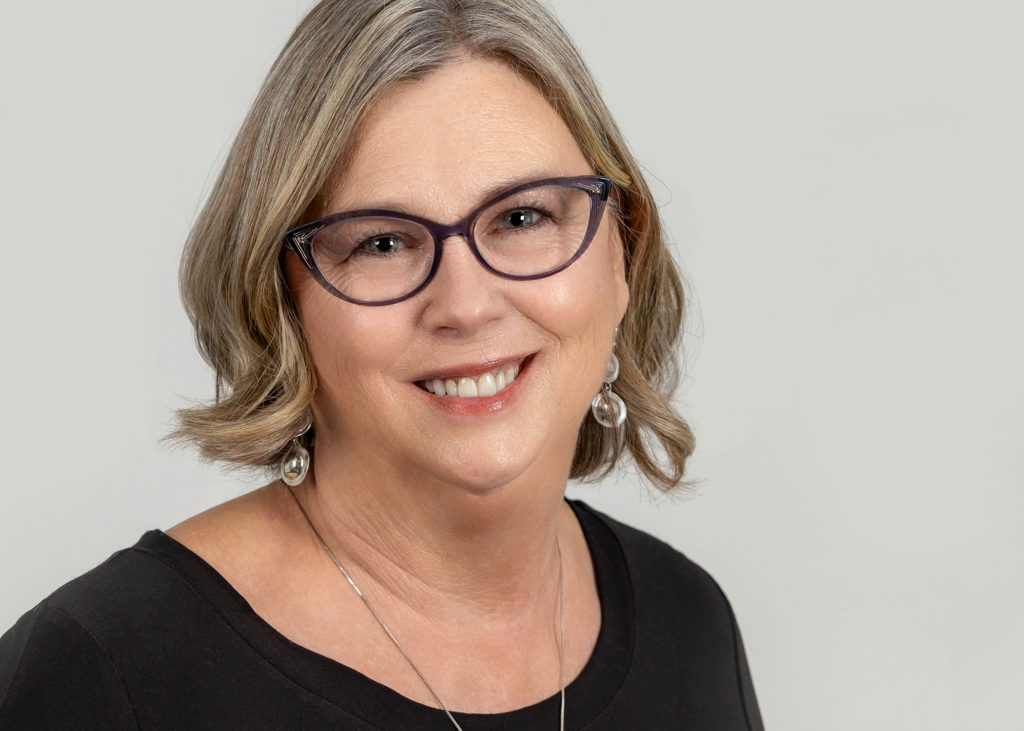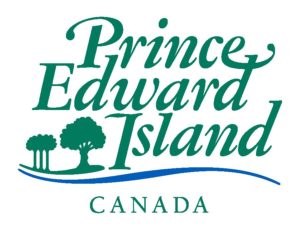Government gets a B+, but there’s still a ways to go in terms of gender diversity
Cathy Rose is chairperson of the PEI Advisory Council on the Status of Women. She writes from Souris, P.E.I.
By Cathy Rose
On March 24th, the PEI Advisory Council on the Status of Women (PEIACSW) released the Equality Report Card 2022.
We are happy to report that the overall grade achieved by the Prince Edward Island government for progress towards gender equality goals from 2019 to 2021 was a B+, the highest-ever grade on an Equality Report Card.
The report card assesses, through a collaborative approach, all areas of the P.E.I. government’s decisions and policies through a gender and diversity lens. Gender and diversity analysis is an analytical process used to assess how different women, men and gender-diverse people may experience policies, programs and initiatives. The Equality Report Card was initiated by the PEI Advisory Council on the Status of Women in 2007 and is unique in Canada.
All levels of government responded to the questionnaire survey and reported on sustained progress and new initiatives in 10 categories, success in all of which is essential to equity and inclusion goals:
- Making equality a priority
- Women in decision-making
- Violence prevention
- Access to justice
- Women’s health
- Supports for caregivers
- Workforce development
- Diversity and inclusion
- Poverty elimination
- COVID-19 Response
Every department of government reported on its activities on these categories from 2019 to 2021. In addition, more than 70 community members participated in focus groups or responded to a community perception survey to share their real-life experience of government policies. To arrive at consensus on final grades, all nine council members and staff reviewed dozens of government and community consultation reports, completed online forms and surveys and took part in online discussions and a grade-setting workshop.
We are happy to report that the overall grade achieved by the Prince Edward Island government for progress towards gender equality goals from 2019 to 2021 was a B+, the highest-ever grade on an Equality Report Card.
One highlight for me is that for the first time in 15 years, all departments of the P.E.I. government can provide concrete examples of how they have applied gender and diversity analysis. A select few of the provincial action plans and strategies that applied this analysis include the Health Strategy for Women and Islanders who are Gender Diverse; Gender Guidelines for schools; policy review for the School Athletics Association; CanadaPEI Canada-Wide Early Learning and Child Care Agreement; Health Services Plan for Seniors; review of program guidelines for Canadian Agriculture Partnership programs; development of the Active Transportation Network Plan; Inclusive Communities Program; Management and Access of Client Information System in Justice; and Child Protection Act Review.
Miles to go
Council members made it clear that while the B+ for two years’ work is a high point on a long journey, it is not the end point. There is still much to be done!
For example, women are still underrepresented in decision-making roles across government, making up only 20 per cent of cabinet and only 25 per cent of deputy minister-level appointments. Meanwhile, the percentage of women appointed as chairs of agencies, boards and commissions actually decreased from 2019 to 2021.
With very low representation of gender diversity and even lower representation of other diversities or intersecting diversities, work to ensure gender parity and diversity of women in decision-making should be a high priority.
As chairperson of the Advisory Council, my thoughts reflect those of the report and those who contributed to it that we are in the midst of a “perfect storm.” One in four Islanders lives below the poverty line. One in five children in P.E.I. lives in poverty. The supports for low-income Islanders (including seniors) cannot keep up with rising inflation, the high cost of shelter and the steadily increasing cost of food.
The COVID-19 pandemic has widened employment disparities between women and men in P.E.I. — and Island women’s employment is recovering far more slowly than Island men’s, and more slowly than women elsewhere in Canada.
While initiatives have grown from government’s poverty reduction action plan, and new legislation creates structures for future targets and timelines, real life has swamped anti-poverty measures. We’ve seen a rise in gender-based violence, with more people staying at home from COVID, and more are coming forward for help and therapy. There will be an immediate and ever-increasing need for mental health supports and ways to address poverty, food insecurity and affordable housing in practical, un-stigmatizing ways.
Far from being focused on the negative and critical, many report card focus group participants and survey respondents focused on real solutions. One respondent offered these priorities: “Basic income guarantee, mental health access universally, free childcare, anti-racist policies for all.” They wanted to see more and faster movement toward these and other community-identified solutions.
The council and staff would like to thank Minister Responsible for the Status of Women Natalie Jameson, and the Interministerial Women’s Secretariat for their support, and heartfelt thanks to all departments of government, all participants in focus groups and all respondents to the community perceptions survey.
The Equality Report Card and associated documents are available for viewing or download here.
(Online article: Saltwire Network, The Guardian, April 7, 2022)



